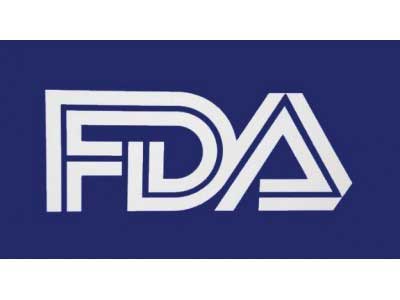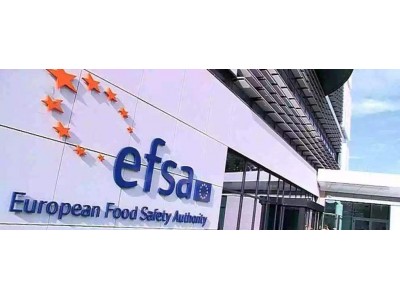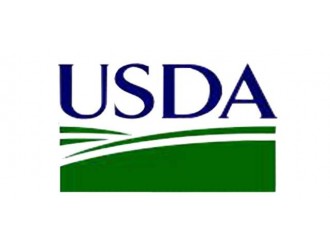
图为:NOAA(美国国家海洋和大气局)海鲜检测项目的检察员在对鱼的样本进行嗅觉检浊�/div>
原文报道�
UC Davis Lab to Test Gulf Seafood
by Laurel Curran | Jul 19, 2010
The University of California's Davis Animal Health and Food Safety Laboratory has been been chosen as one of eight labs to test gulf seafood for toxic chemicals, university officials announced last week. Researchers there will be testing crab, shrimp and oysters.
The lab was picked because it is part of the U.S. Food Emergency Response Network, an integrated network of the nation's food-testing laboratories at the local, state, and federal levels that is able to respond to emergencies involving biological, chemical, or radiological contamination of food.
Though the BP oil well was capped on Thursday, experts estimate that over 180 million gallons of crude oil has spilled into the gulf. Locals have begun referring to the gulf as the "sea of sadness" because thousands of fisherman have lost their jobs. The work of the UC Davis lab will contribute to these fishermen getting back out on the water as quickly as possible. When seafood is cleared by the lab, fishing waters will be allowed to reopen.
The California scientists will be receiving seafood that passes the "smell test", which is a simple sniff of each creature for the stench of oil. Items that are highly saturated will be tossed out. The lab is focused on the creatures that do not smell like oil. The researchers' job is to figure out if the oil has had a negative impact on the food that can harm consumers.
There is some suspicion that toxic chemicals may be present that can cause cancer in humans. These chemicals include polycyclic aromatic hydrocarbons like naphthalene, cryclene, and benzoate pyrene among others.
Linda Aston, chief chemist at the lab, said Thursday that they planned to begin testing seafood this week.
The UC Davis lab has never tested for these specific chemicals before, and the U.S. Food and Drug Administration has given the lab $140,000 worth of new equipment to use. This equipment will remain after the tests, preparing UC Davis for potential future spills.










 地区9�/font>
地区9�/font>



 欧盟评估一种麦芽糖淀
欧盟评估一种麦芽糖淀 美国拟撤销若干肉类叉�/a>
美国拟撤销若干肉类叉�/a>
 鲁公网安� 37060202000128叶�/a>
鲁公网安� 37060202000128叶�/a>



